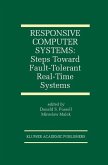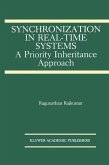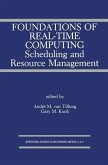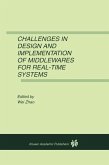Real-time computing plays a crucial role in our society since an increasing num ber of complex systems rely, in part or completely, on processor control. Ex amples of applications that require real-time computing include nuclear power plants, railway switching systems, automotive electronics, air traffic control, telecommunications, robotics, and military systems. In spite of this large application domain, most of the current real-time systems are still designed and implemented using low-level programming and empirical techniques, without the support of a scientific methodology. This approach results in a lack of reliability, which in critical applications may cause serious environmental damage or even loss of life. This book is a basic treatise on real-time computing, with particular emphasis on predictable scheduling algorithms. The main objectives of the book are to introduce the basic concepts of real-time computing, illustrate the most sig nificant results in the field, and provide the basic methodologies for designing predictable computing systems useful in supporting critical control applica tions. The book is written for instructional use and is organized to enable readers without a strong knowledge of the subject matter to quickly grasp the material. Technical concepts are clearly defined at the beginning of each chapter, and algorithm descriptions are reinforced through concrete examples, illustrations, and tables.
Dieser Download kann aus rechtlichen Gründen nur mit Rechnungsadresse in A, B, BG, CY, CZ, D, DK, EW, E, FIN, F, GR, HR, H, IRL, I, LT, L, LR, M, NL, PL, P, R, S, SLO, SK ausgeliefert werden.









